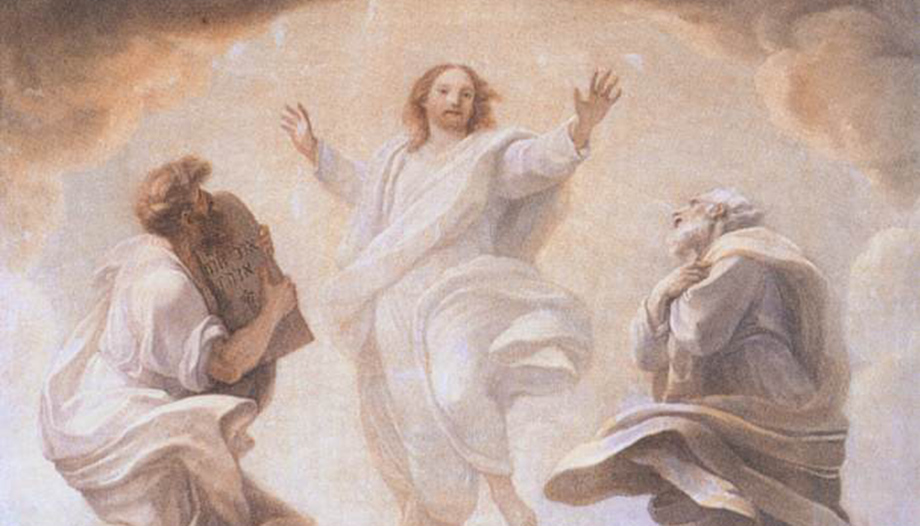We begin Advent with Jesus' discourses on the end times and his second coming. Jesus speaks of cosmic upheavals. His listeners were convinced of the connection between nature and history, and saw in the stormy sea an image of chaos opposing the order of the stars and the heavens. If disorder and chaos reach the heavens, then the end is near.
Luke, a good physician, highlights the reactions of "anguish", "anxiety" and "fear" that provokes death. In this dramatic picture, which reminds us of real events - earthquakes, hurricanes, floods, volcanic eruptions - appears the image of the second coming of the Son of Man "in a cloud with great power and glory".
The cloud is in the Bible a sign of God's presence. A cloud envelops Jesus with the three apostles, Moses and Elijah on the Mount of Transfiguration.
Luke describes the Ascension as follows: "As they watched him, he rose and a cloud hid him from their eyes." (Acts 1:9). Two men dressed in white say to the apostles: "This same Jesus, who from among you has been taken up into heaven, will come in like manner as you have seen him go up into heaven."
As they entered the cloud on the Mount of Transfiguration, the apostles "they were afraid"; Jesus, on the other hand, after speaking of the cloud of his second coming, urges us to stand up and raise our heads, attitudes that express an expectation full of hope: "For your redemption draweth nigh.".
But Jesus also warns us that we could still lose that salvation, and that is why he invites us to watch and pray to prevent our heart from "obfuscate" because of "the drunkenness, drunkenness and the cares of life". The verb used by Luca recalls the hardening of Pharaoh's heart when Moses asked him to let his people go (Ex 7:14).
We watch to keep our hearts awake with the hope that the Lord transmits to us with Jeremiah: "I will raise up David a righteous shoot, who exercises justice and righteousness in the land. In those days Judah shall be saved, and Jerusalem shall dwell in peace, and shall be called, The Lord our righteousness.".
Paul's words to the Thessalonians, the oldest New Testament writing that has come down to us, immersed in the expectation of the second coming of Christ, suggest to us how to pray in this expectation: "May the Lord fill you and make you overflow with love for one another, and with love for all, as is ours for you, so that your hearts may be confirmed in blameless holiness.".
In addition, the Lord will not come alone, but "with all his saints", his friends, our fellow travelers, our brothers in faith and in glory, who are our intercessors.
The homily on the readings of Sunday I of Advent
The priest Luis Herrera Campo offers its nanomiliaa small one-minute reflection for these readings.









